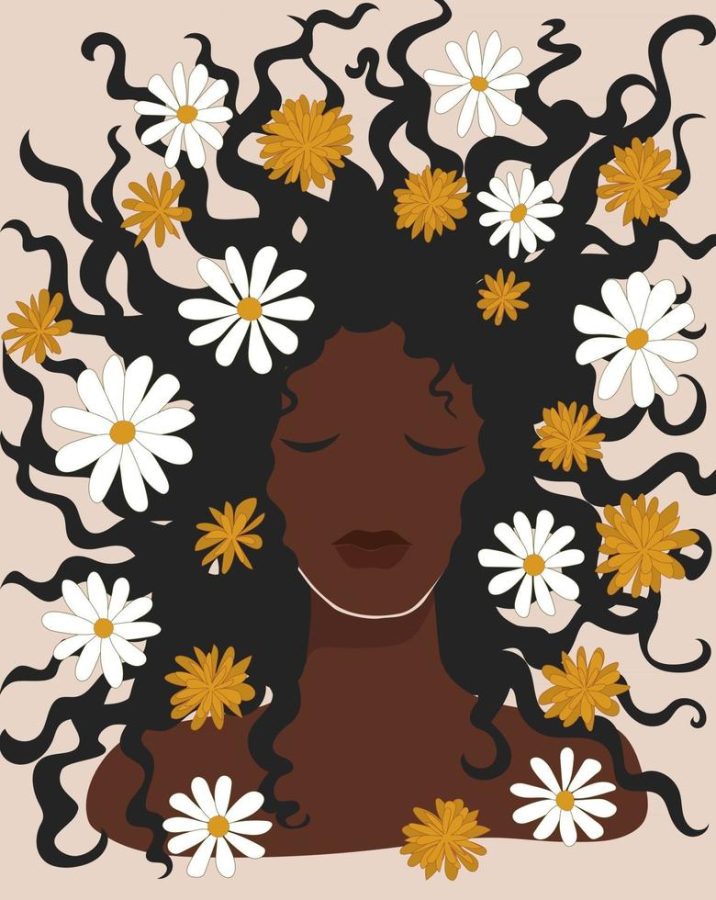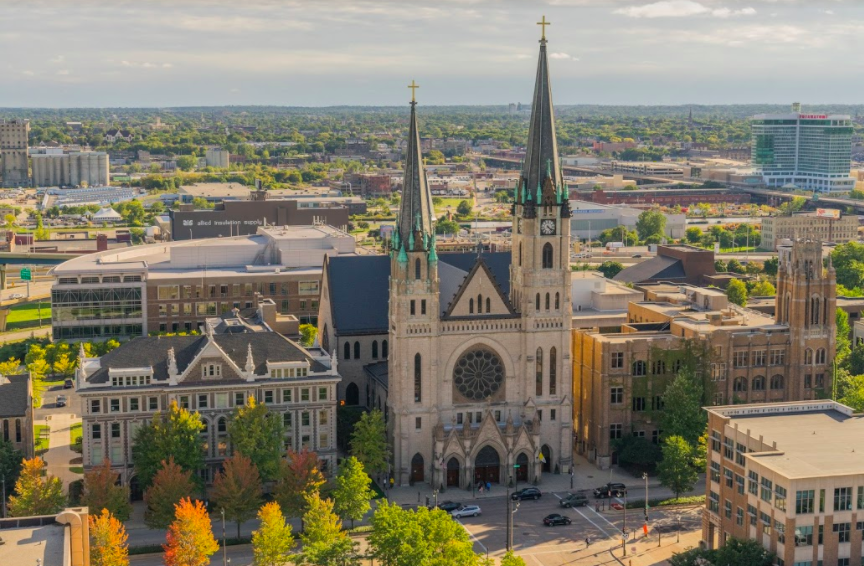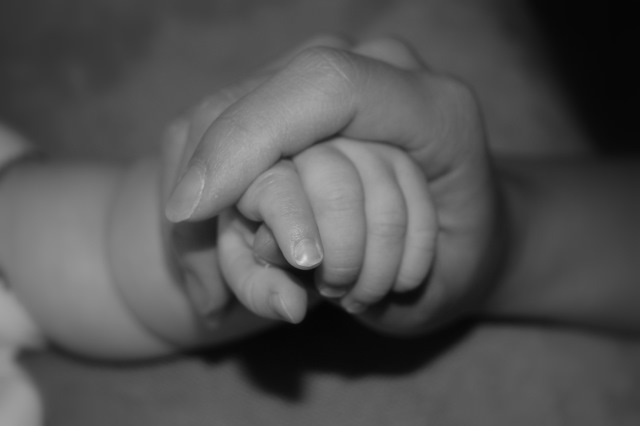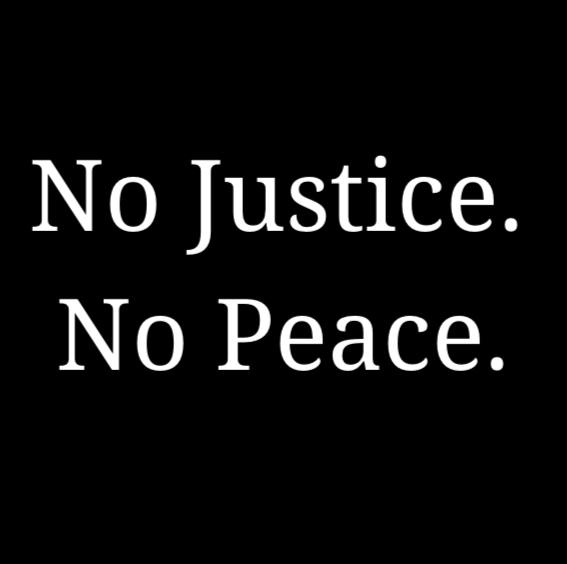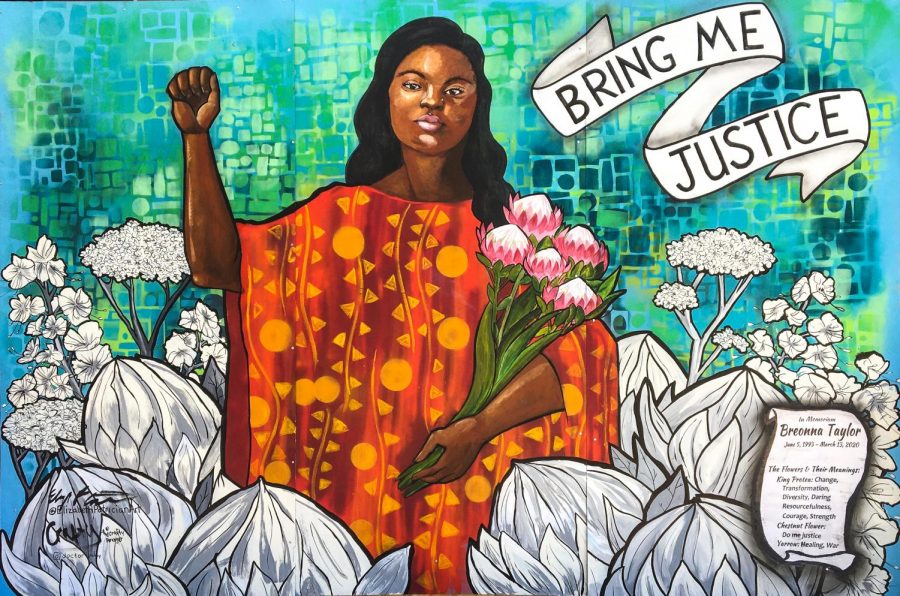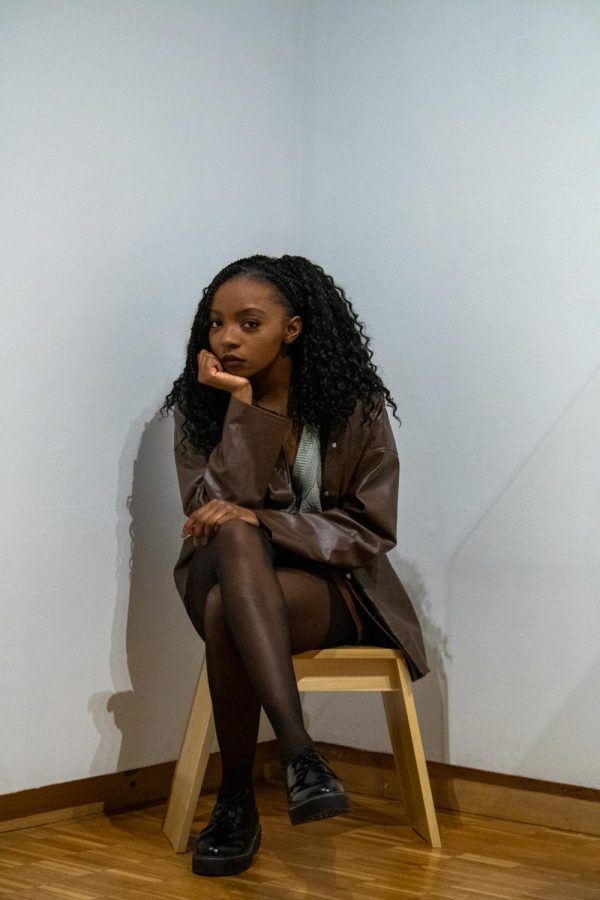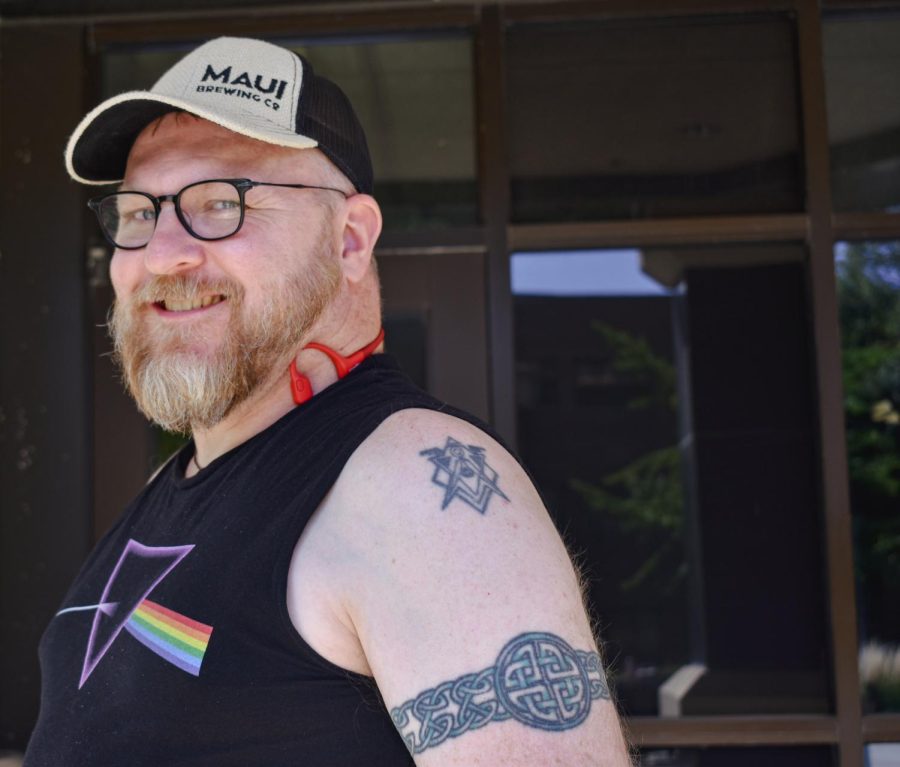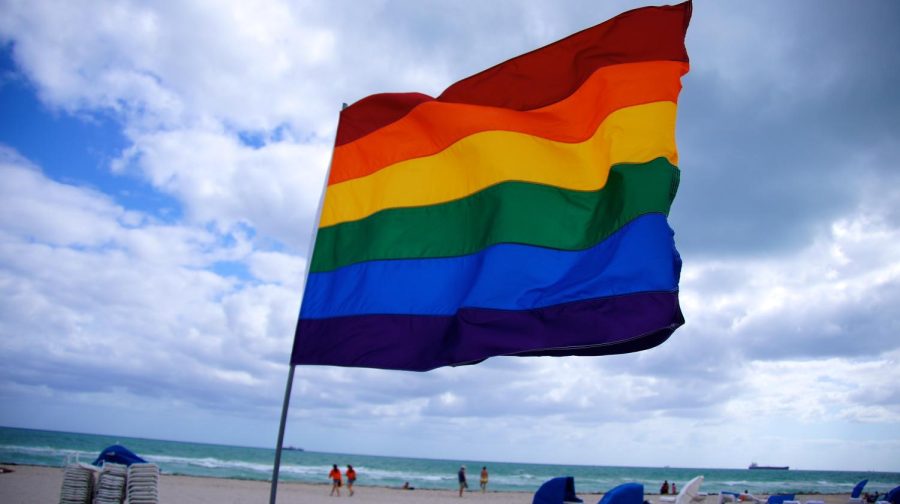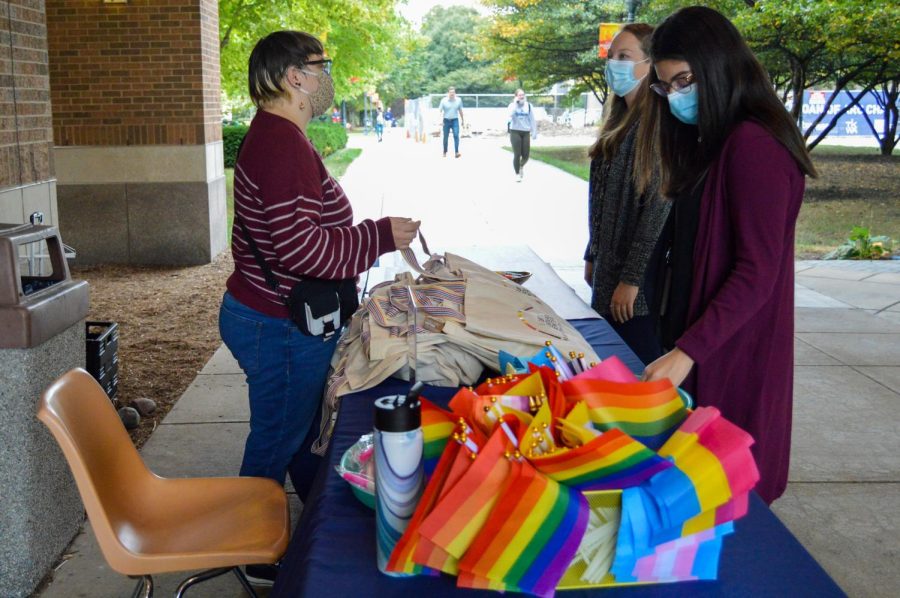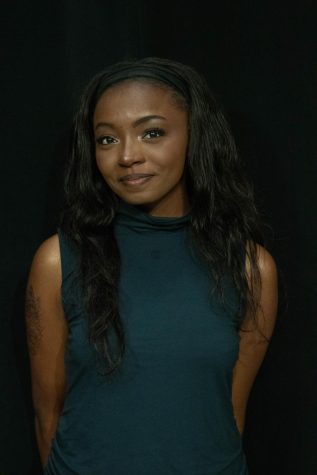With skin that resembles coffee, the nighttime sky and tells the story of generations of women in my family, I am a Black woman. The smell of Red Door by Elizabeth Arden bounces off my skin, as it once did my mom when she was my age and I feel grounded in my Blackness and womanhood. Outside of school, I have studied Black history in all its tragedies and triumphs and spoken the language of many of my ancestors, but even before I am Black and a woman, I am Hope.
On Sunday mornings, I dance around my room to country music, waiting for the sound of my toaster waffles to be done. Ungracefully, I glide from one room to the other, without a care in the world that my interest in music may be unconventional.
When my feet stop moving long enough for me to sit, I’ll settle in front of the TV and watch “Gilmore Girls,” a 2000s classic about a mother and daughter who are friends first and then family. I often wonder what life would be like with my mother and sister in Stars Hollow, Connecticut even though the place doesn’t actually exist. I gawk over Dean and then remember from the hundreds of times I’ve watched the show before, he is not the one.
I hold my Sunday mornings close because I know that in my home, I am safe being Hope first because the way the world perceives Black women, leaves little room for us to be individuals. If we do not fit into society’s idea of what being Black is and being a woman is, then we, ourselves, are not Black enough; we are not woman enough.
Growing up, I was called the “white, Black girl.”
Although you will not find this in your standard dictionary, the implication is that I was not Black in the way the world desired me to be. I receive this comment from white and Black individuals even more today, especially attending a predominantly white university like Marquette.
Typically, when someone says this to me, I remain silent, not because I do not know what to say, but because it doesn’t deserve a response. But for those that have unintentionally or intentionally diminished my Blackness, consider this the response: I can dance around my room to Luke Combs and Taylor Swift, but make no mistake, I am a Black woman.
I share the fears of many Black women around me – losing a child to gun violence, sex trafficking or childbirth, not being lovable or worthy, worries that I am seen as strong before I am seen as soft – and my music taste does not change that. I share the hopes and dreams of most Black women around me as well – access to equal education and better resources for our communities, a successful career and a long, healthy life with those I love – and my music taste, or my other interests, does not change that either.
Besides music, the notion of “sounding white” is one that I have been ridiculed for and many other Black women as well.
Purdue University conducted a study on the idea of “sounding white” by interviewing members of the Black community and concluded that for most, proper English was synonymous with whiteness and the opposite with Blackness. This idea that Black people can only speak one way is harmful and puts Black people in a box that considers us to be uneducated English speakers.
But no matter how proper I speak or even who I choose to love and how I choose to love my hair, I am a Black woman. I have skin that resembles coffee, the nighttime sky and tells the story of generations of women in my family. I’ve done much to ground myself in my Blackness and in my womanhood, but even before I am Black and a woman, I am Hope.
This story was written by Hope Moses. She can be reached at hope.moses@marquette.edu


